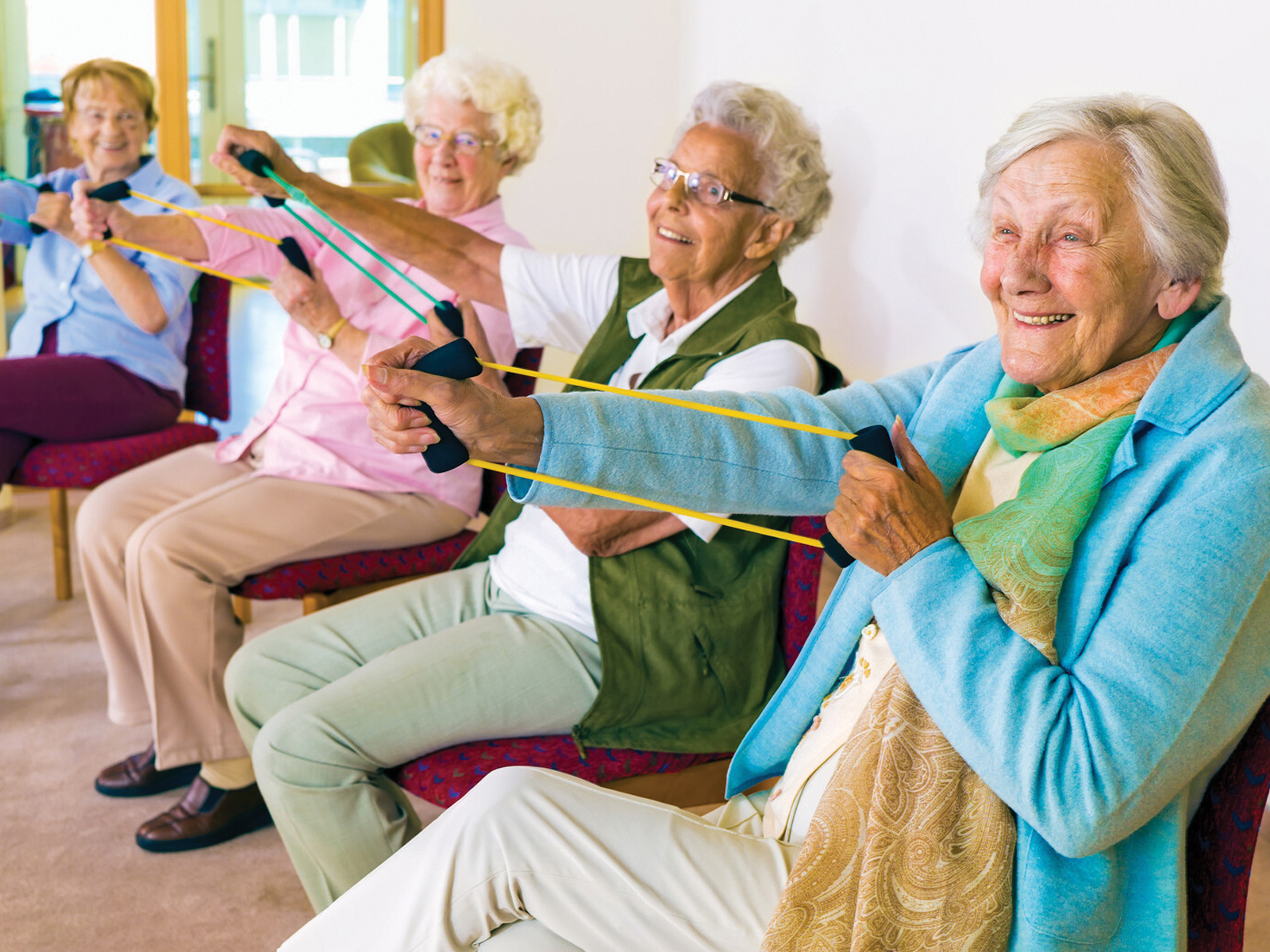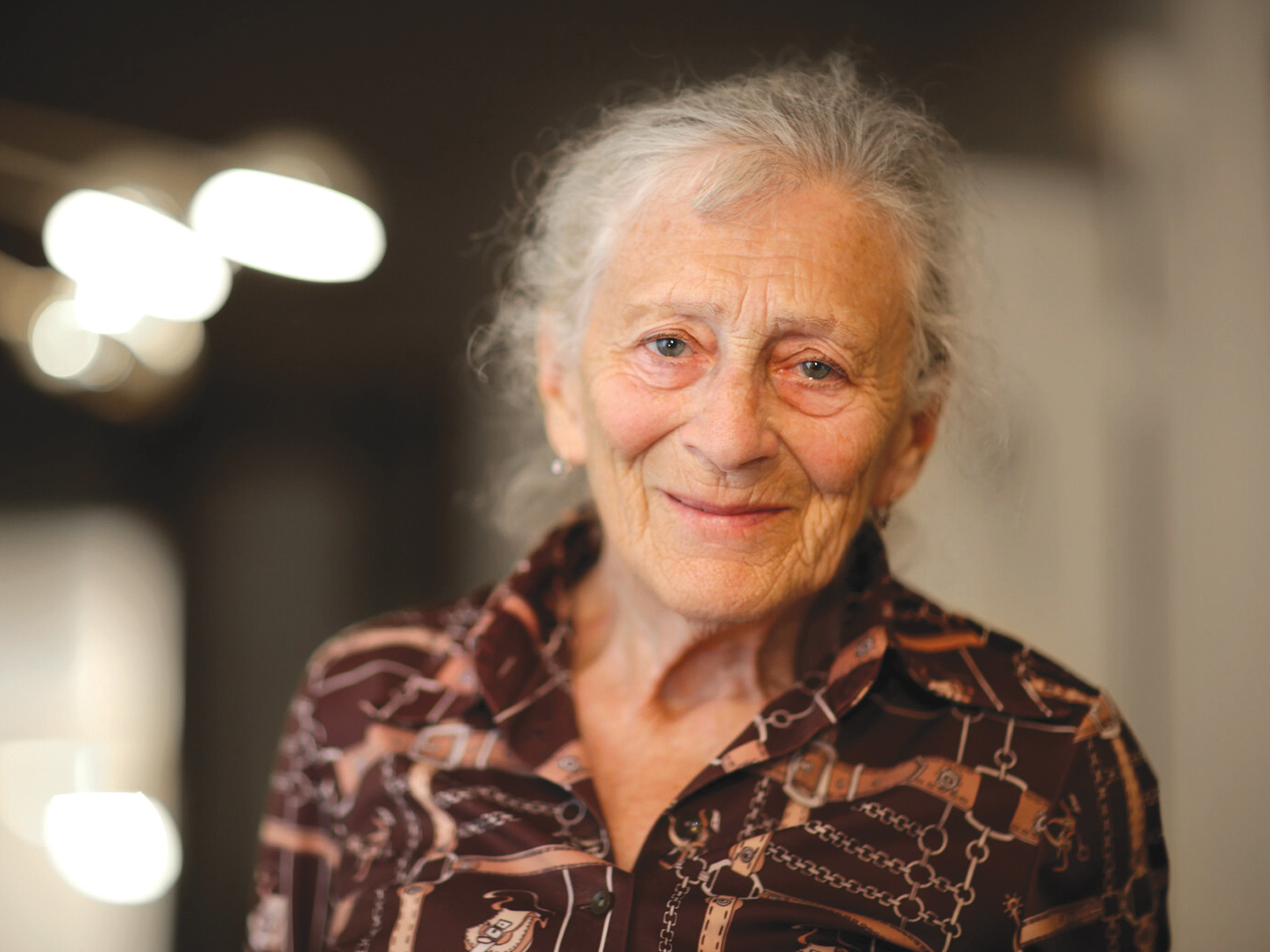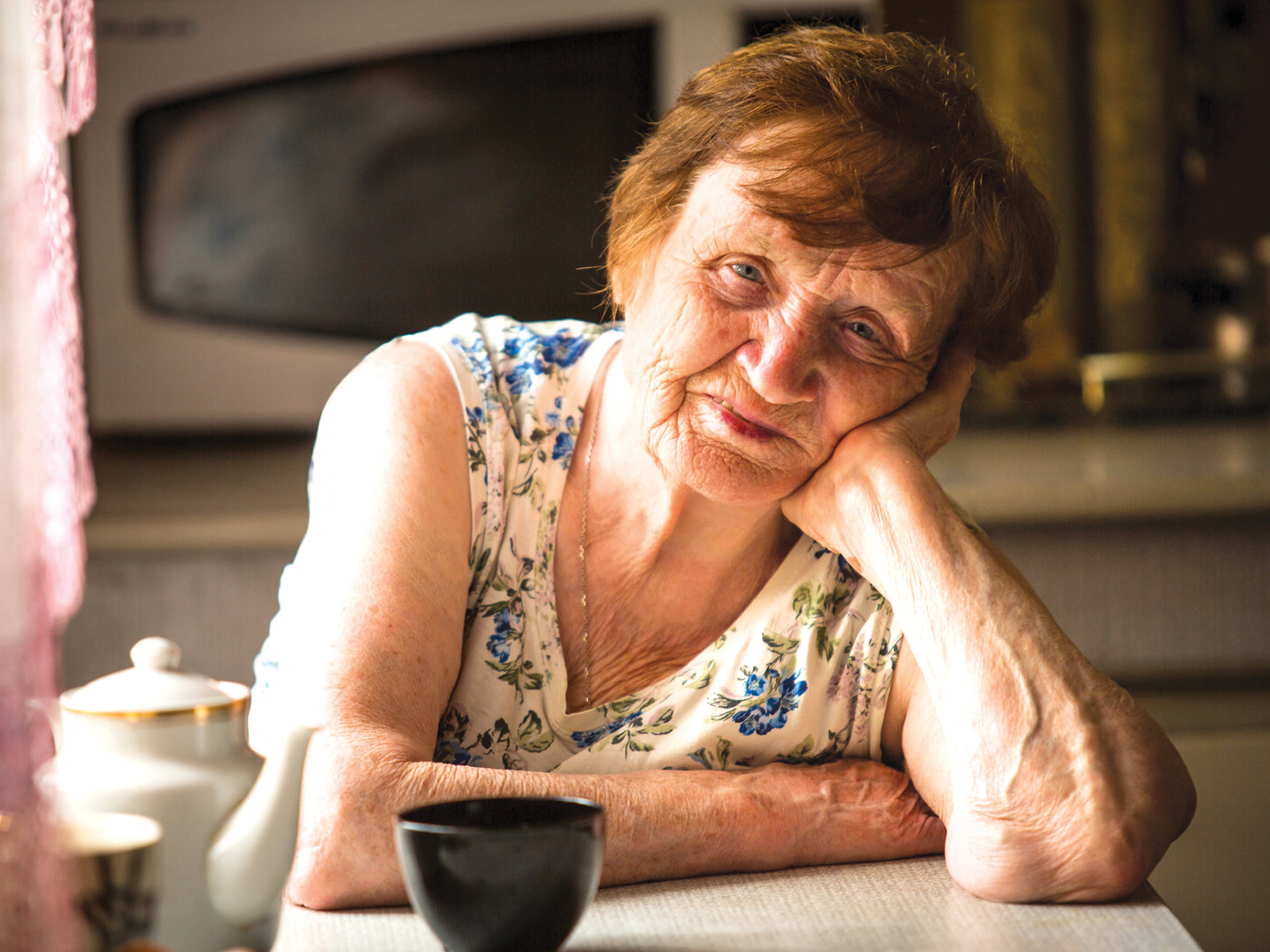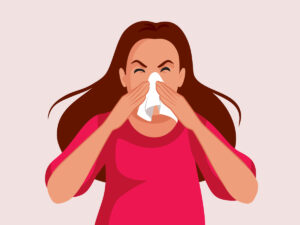My mom was recently diagnosed with osteoporosis. Is it safe for her to exercise?
Exercise plays an important role in preventing and managing osteoporosis. However, your mom should talk to a physician or physiotherapist before starting or changing any exercise program, as some exercises might be unsuitable.
Three types of exercise are recommended for people with osteoporosis:
• Strength training not only increases muscular strength and endurance, but also slows mineral loss in the bones. Your mom should focus on exercises that improve posture, stretch her upper back and strengthen the muscles between her shoulder blades.
• The term “use it or lose it” applies to bones, so weight-bearing aerobic activities such as walking and dancing are important. These exercises will help to strengthen the bones in your mom’s lower extremities and spine, thus slowing mineral loss.
• Flexibility exercises help maintain posture and prevent injury. Your mom should avoid exercises that flex her spine or cause her to bend at the waist.
Overall, maintaining a consistent exercise program will greatly improve your mom’s quality of life.
When should a person switch from living alone to a retirement or nursing home?
It is hard to make an exact determination, but one of the main things to be concerned about is the person’s safety and wellness. Are they able to get about without difficulty in the home? Prepare meals? Do light housekeeping and the laundry? Does the person have a medical condition, or are they frail and at risk of falling? Another thought is whether the person might feel isolated or lonely. Sometimes, having a little extra help means a person can stay at home for longer. And having a home visit can be a gentle check-up to see how someone is doing.
Do seniors need to eat less as they age? Mom never seems hungry and just picks at her food.
Although appetites tend to decrease with age, nutrient requirements do not decline. The aging process itself causes older people to lose lean body mass, which contributes to a decreased appetite. Consequently, interest in food tends to diminish and caloric intake decreases. Other factors include a decline in the sense of smell and new medications, which can cause a change in the taste of food.
Ask your mom or her caregivers to keep a food diary for three days. Reviewing this diary will help you assess if your mom is getting a variety of foods from the four food groups (dairy, meat/protein, grains, and fruit and vegetables). You can also check your mom’s fridge and cupboards to see what food is available for her to eat. It is often easier to consume four to five snacks rather than to sit down to three large meals.
Perhaps your mom would agree to receive Meals on Wheels. The meals are so generous that many of our clients have the hot meal for lunch and save the soup, bread and dessert for dinner.














